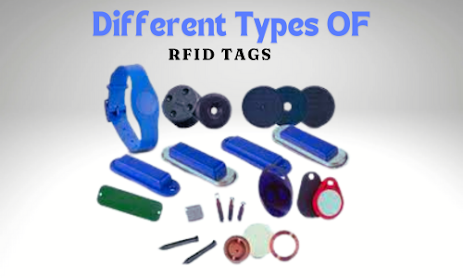RFID Readers vs. Barcode Scanners: A Comparative Analysis
RFID vs. Barcode: A Concise Comparison
|
Aspect |
RFID Readers |
Barcode Scanners |
|
Operating
Principle |
It
uses radio waves to communicate with RFID tags. |
It
relies on optical scanning to read barcodes. |
|
Data
Capture Speed |
High-speed
data capture; reads multiple tags quickly. |
Slower
data capture; reads one barcode at a time. |
|
Range
and Flexibility |
Greater
range and flexibility; reads tags remotely. |
Limited
range; requires direct line-of-sight. |
|
Durability |
RFID
tags are durable; RFID readers have
fewer moving parts. |
Barcode
labels can be damaged; scanners may
require maintenance. |
|
Cost
Considerations |
Higher
upfront costs; ongoing expenses for tags. |
Lower
initial investment: maintenance costs may accrue over time. |
Will RFID Replace Barcode?
The question of whether RFID will eventually replace barcode technology
has puzzled experts and businesses alike. While RFID offers several advantages
over traditional barcode scanners,
like faster data capture, greater automation, and improved efficiency in
inventory management, making RFID the go-to choice comes with its own set of
challenges.
Cost is a big concern. RFID demands a
hefty upfront investment in readers, tags, and infrastructure. For smaller
businesses, these costs can be a barrier to adoption.
Compatibility is another issue. Many
businesses have already heavily invested in barcode technology, with
established systems and processes centered around barcode scanning. Shifting to
RFID would mean significant changes to how things operate, which might not be
practical or cost-effective in the short term.
The future might not be about choosing one over the other but
finding ways for RFID and barcode tech to work together. Hybrid systems that
blend both technologies can offer the best of both worlds, letting businesses
enjoy the perks of RFID while still relying on the trusty barcode when needed.
While RFID technology
offers compelling advantages over traditional barcode systems, including faster
data capture, greater automation, and improved efficiency, the widespread
replacement of barcodes with RFID is unlikely to occur soon. Instead,
businesses are likely to adopt a pragmatic approach, integrating RFID where it
provides clear benefits while continuing to utilize barcode technology where it
remains effective and cost-efficient. The future of tracking and logistics technology
may thus be characterized by a hybrid approach that combines the strengths of
RFID and barcode systems to meet the diverse needs of businesses across various
industries.





Comments
Post a Comment